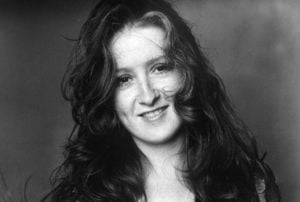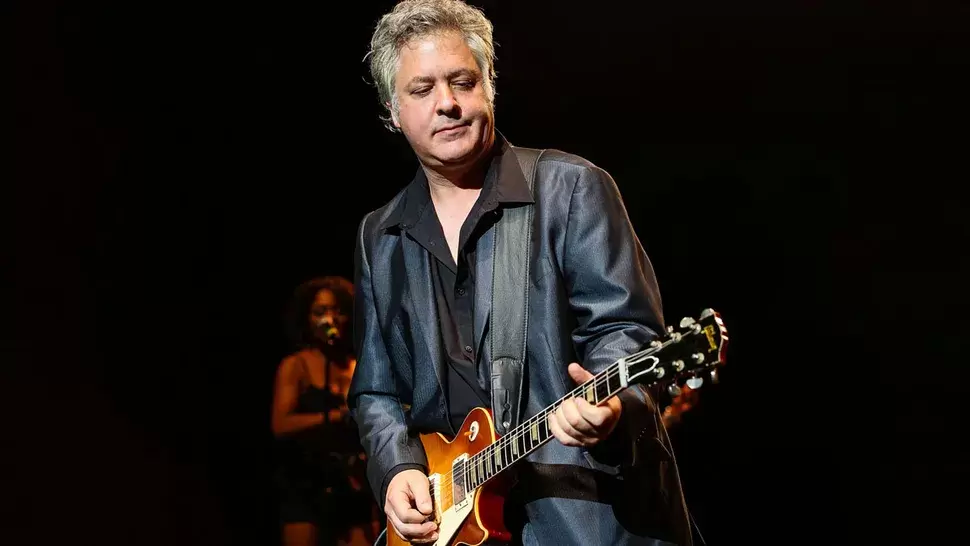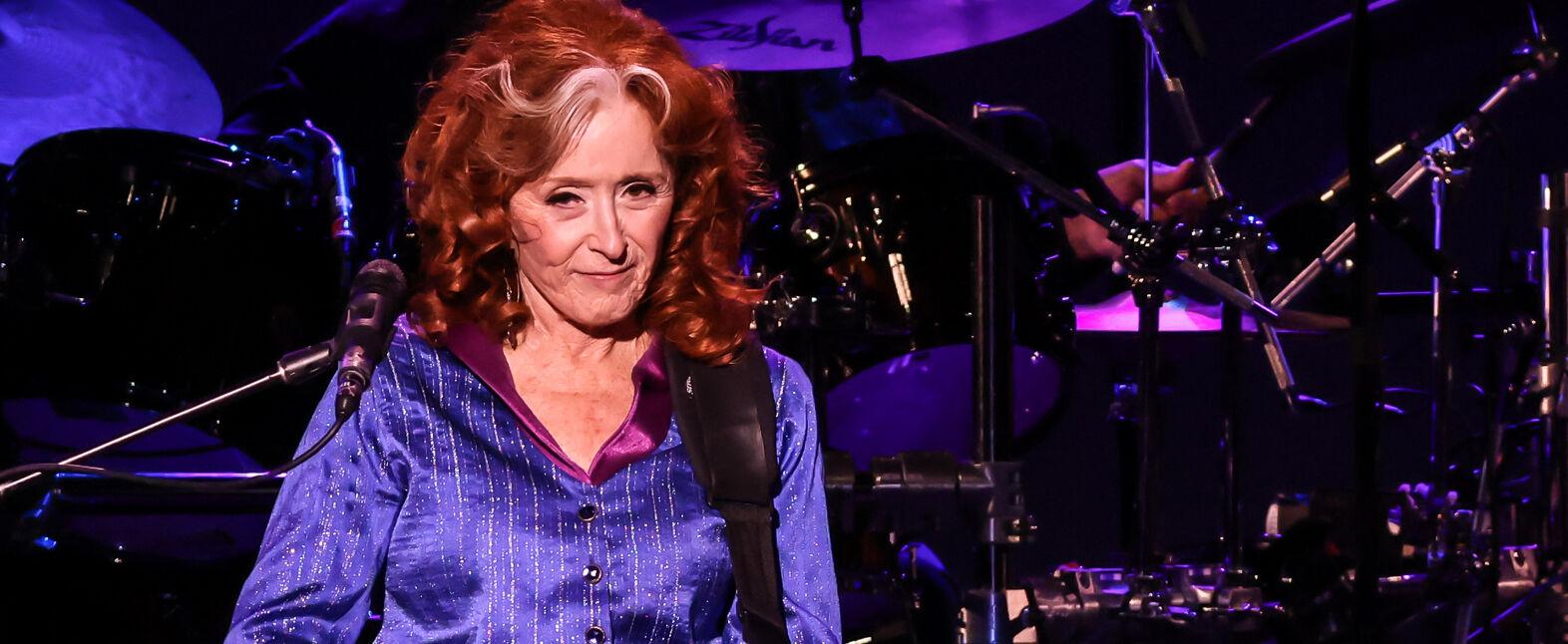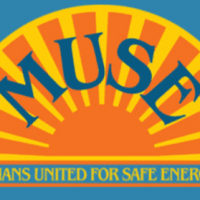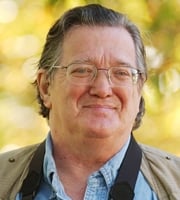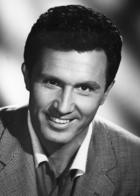
Bonnie Raitt delivers the right stuff with new album, “Dig In Deep”
By Carol Anne Szel
Bonnie Raitt says what I can’t say, yet feels the way I feel. She’s like the friend you were telling all your secrets to, and she kept them, then sang about her feelings that paralleled yours. She’s won 10 Grammys and got inducted into the Rock and Roll Hall of Fame doing the “dirty work” of spilling out her emotions in her songs for all to hear.
Whether writing songs herself, as she did with five tunes from her latest release, “Dig in Deep,” or searching for songwriters who share her emotions, the songs she performs belong to her, as our musical devotion belongs to her. When you hear “Something to Talk About,” “Thing Called Love,” “I Can’t Make You Love Me,” “Angel from Montgomery,” “Not the Only One” and many more, they can tear your heart apart and then make it whole again.
That is why she’s gone multi-platinum with the releases of her breakthrough albums “Slipstream” and “Nick of Time,” which were two of her now 20 records with the addition of “Dig in Deep.”
Coming from a musical pedigree with Broadway legend John Raitt as her father (“Carousel,” “Oklahoma”) and her mother who took her to her first activist rally, these homegrown ingredients started Bonnie Raitt on her way to musical superstardom and world awareness.
With the release of “Dig in Deep” (on her own independent record label, Redwing), Goldmine was given the chance to speak with this ever-so-humble and relatable woman to talk about life, music and so much more.
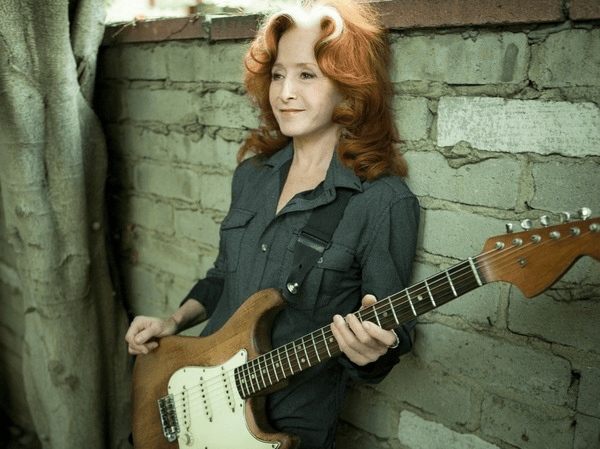
GOLDMINE: What’s your process of writing?
BONNIE RAITT: Well, I’m really glad I was able to start writing again. I only write when it’s time. Because I’m on tour a lot of the time when a record comes out. You know, between the press and the videos, all the different cable channels and all the different countries in the world that carry it at the same time, two or three morning network shows and a couple of nighttime shows … and now it’s endless terrestrial and satellite radio. So some people can write on the road but I can’t. No, no, I’m busy being out there and playing, I put all my energy into thanking, you know, radio people I meet after the show, then my friends and other musicians who come, and then just focusing on doing the best show possible.
We tend to do a two-year cycle of touring, and two to three months before that getting the promo ready and making videos and rehearsing, so the writing doesn’t happen for me until I get home and it’s time to maybe think about what I want to do on the next record. I primarily do songs by other people because I like different points of view, and different kinds of music that are better written by other people. And I kind of get ideas of what I want to sing about, but in this particular instance, my writing process was (that) I knew there were two or three kinds of musical grooves that were missing in my show and I really wanted to write songs that would go so I could play them live. So all of the songs that I wrote are as driven by that as the topic that I wrote about. And the personal song (“The Ones We Couldn’t Be”) that closes the record (“Dig In Deep”) just came from a time when you look back on relationships, which is pretty much out there in the lyric. You come to this realization sometimes after a relationship is over or someone has passed on. You take responsibility and you become more clear about your part in it. It comes with some sadness and regret, but it’s just part of life.
GM: So your writing comes from both your life experiences and what you see is missing in your live set?
BR: A combination of both. You know, you have to have some topic that has meaning to sing about, and a lot for me are relationship-based or in the case of “The Comin’ Round Is Going Through,” there was my being upset with how money is hijacked and our political system is broken. And I’m expressing something that I wanted to get out for myself. Regardless of people’s political affiliation, everybody’s upset that the, you know, that money is determining … you know, it’s more like an auction than an election really. So in that particular instance it’s been brewing inside me to come up with a rocker that would express how I feel and how frustrated I am.

GM: Tell me about “What You’re Doin’ To Me,” one of the five songs you wrote for “Dig in Deep.”
BR: Well, I don’t play the piano that much but that’s one of the things I do when I’m playing for fun for myself. And I’ve been wanting to write a gospel shuffle for a while. Especially because Mike Finnigan — in our band the last few years — is just a monster on the B3 (organ) and I wanted to sit next to each other on stage when we play. I come over to his keyboard section and play the piano next to him. I can’t wait to play this gospel shuffle on the road. That’s a song about my life, you know, just how somebody feels like they’ve been around the block too many times and didn’t want to give it another shot and then before you know it somebody is dragging you out by your roots. Just relentlessly pulls your heart along until before you know it you’ve got nothing to lose so you might as well take a shot.
GM: What do you see as the changes in the music business from back when you started until now?
BR: The business has changed so much. I mean there was a big shift away from FM free-form radio when the music business began to become so huge, especially in the ‘80s. They sort of marketed by the era. The “Thriller,” “Rumours,” the “Miami Vice,” and you know there were just some seminal albums that made so many more millions of dollars that I think a lot of the music business exponentially went into the billions, which led to a lot of corporate consolidation and a lot of buying up of radio stations and syndicating. And a lot of roots music that would now be considered Americana, classic soul and classic country, a lot of music and elements of jazz and even metal and all that. Those were all relegated to marginalized stations. And so record companies weren’t that interested in promoting more on the fringes of musical styles. So the ‘80s was kind of a rough decade for those of us like myself. And then toward the end of that decade was a great resurgence of college radio and album-oriented rock, and there were more radio stations coming back to playing album cuts and giving the DJs a little bit more of a leeway to program themselves. There were always great non-commercial and college stations. But I think in the late ‘80s, Tracy Chapman and The Fabulous Thunderbirds and Robert Cray were the main three that had big hit records and I went “Wow, this seems like a really good time to get back in.” You know, I was always touring and recording, but I really went through a period there in the late ‘80s that was very frustrating. I had been dropped by Warner’s because I wasn’t bringing in the big hit singles. That kind of music just wasn’t that popular in the ‘80s. Around the time that I was signed to Capitol, the same guy that signed me to Capitol was the same guy that had signed me to Warner’s. He was now head of the Capitol family.
So it was the climate for an album like “Nick of Time” that was much more friendly to someone like me. My life really changed when radio and VH1 came onto the scene, it wasn’t just MTV. A lot of things came together for “Nick of Time” to be a success. My life changed and radio was much more receptive. Now, of course, in the last 20 years, there’s been the Internet and satellite radio that have really changed things. So there’s been a lot of great things that’s changed and there’s a lot of things that need to be worked on, like the artist’s rights and transparency and accounting and being able to get paid for what you’re creating. There’s a very strong movement to try to have much more fairness in music and fair pay for playing, you know, for the music that gets played. That’s very important. The same way that you can’t expect to do your job and not get paid, I don’t expect to do mine and not get paid. I mean the record labels are making money and YouTube and Google and everybody. There’s millions of dollars that are being made but not enough money going to the people who create it.
GM: Speaking of “Nick of Time,” that was sort of your resurgence; your career took off again. It is such an amazing piece of work. What was that like when that happened?
BR: Thank you very much. The album had already sold close to a million before we got the Grammy nominations. It was a miracle. And I did lots and lots of press and I was on the new label and we had a video for “Thing Called Love” on VH1 with Dennis Quaid in it. It was a combination of 20 years of building up a residual fan base and a lot of affection from the critics and the radio people who were very, very kind to me. The critical acclaim for “Nick of Time” was wonderful. To have that, and to be on a new label, it was fresh blood and not burn out appreciating me. It was a tandem effort of a lot of people who worked hard, including my band and wonderful crew; we were on tour all year long promoting that record. And it just went over really well but none of us expected to win all those Grammys, and I don’t think anybody expected it to win Album of the Year. We were just thrilled because we shot to No. 1. And I was able to tour in many other countries that really didn’t know who I was before that.
We love being on the road. It’s just wonderful to have so many generations and kinds of fans added to the cult following that I had. I had an incredibly loyal following from playing, zigzagging across the country in the ‘70s and ‘80s, and people are still coming to see me that have come to see me how many years now! I really am grateful.
GM: How do you pick songs from other musicians to put on the record?
BR: Oh, it’s just a long process of research and reading lots of press, Internet and looking on YouTube. And mostly just researching, asking a lot of musician friends and journalists and some radio people I’ve known over the years. I have hundreds of musician friends, and there’s a lot of time I’m checking out what they’re doing on their albums. And certainly a lot of publishers and other musicians send me songs to check out. But it’s a very exhaustive many months search of my old record collections, you know, recommendations and just sifting through until you find the stuff that really rises to the surface that you might want to sing. And certainly after so many records, you don’t want to repeat yourself.
This is my 20th album, so coming up with different ways to say musically and lyrically the things that are fresh is always the challenge. The more records you make the harder it is to find new things to say. And when I see people like Jackson Browne or Paul Simon or any of the people that I admire who are writing their own … how they can come up with album after album of their own great material with some new things to say, it’s so unbelievable to me. I’m grateful that I don’t have to fill a whole album with my point of view. There are a lot of wonderful songwriters out there, way too many songs that are wonderful but I wouldn’t be able to record. But there’s never any science to it, to answer your question. I look long and hard and it takes me several years to come up with the songs that I want to record.

GM: I also hear that you’re clean and sober? Tell me about that.
BR: Yep, going up on 30 years now! It makes a big difference. I mean I wasn’t one of those people that was ruining my life and stumbling around in the daytime. I was very lucky that my bottom wasn’t that low. I basically wanted to lose weight and get healthy. It was more troublesome to figure out when I was going to have a moderate amount of alcohol then it was to just stop entirely. And a bunch of my friends, I just thought I’d check out, hang out with the people who were sober to get healthy for a minute and the next thing I knew I really took to the program. And so it was one of those, mostly a lifestyle change, that I thought was important. You know, toward the end of my 30s I had gained weight and I wasn’t feeling great or looking great. I wasn’t as productive and I think I wasn’t bouncing back from illness as fast. I just wasn’t happy with the way my life was going. I couldn’t get away with the same level of abandon that I did in my youth. For me, I never trashed myself or jeopardized my career; it was more like a health decision. And once I learned about sobriety and about addiction, I knew a lot more was resonating with me on my level. I learned about the tools to address all kinds of things. It’s not just about stopping drinking and using, it’s about becoming accountable for your behaviors. Just take inventory and try to be an upstanding person and take responsibility for your part of things. And, you know, I love the fact that you can recognize that there’s only so much you can control. And if you’re not happy with what’s going on then move! Get out of the situation, and don’t keep blaming. I mean, “if only, if only” … you can “if only” your way into an entirely wasteful life. I was grateful to find a way to take a look at that in my late 30s.
GM: You’ve always been very politically minded and socially aware person, and I think that’s great! In fact you were co-founder of the now legendary “No Nukes” concerts at Madison Square Garden through Musicians United for Safe Energy (M.U.S.E.) in 1979. I was there, and the cause has stuck with me to this day.
BR: Well, thank you. I mean some people don’t appreciate it but I always say I don’t use my concerts as a sounding board or anything. If I’m doing a benefit I’ll make a speech about the cause, or it’s implicit in that we’re in that building at that time in the concert. But for my shows, I think a lot of political music is somewhat corny or pedantic. People don’t want to be lectured. Everybody has different opinions. I don’t assume that everyone that’s coming to my shows has the same political point of view that I do. I like to come from a point of view of honesty and integrity. You know, I rarely write political songs, but this one (“The Comin’ Round Is Going Through”), regardless of their political leanings, everybody’s frustrated that the guys at the top are taking too much of the pie.
GM: You picked up the guitar when you were 8?
BR: It was Christmas and I think I had just turned 8, 9. It was 1958 that I got my guitar and I emulated my camp counselors who were all going to college on the East Coast. I was in the Adirondacks at summer camp. Every summer when my dad was touring summer stock, my folks would be on the road. So my brothers and I went to this family friend of theirs, had a Quaker camp up by Lake Placid, New York. And we went for eight summers in a row. You know the folk craze of the late ‘50s and early ‘60s had taken over the colleges, and I idolized all my counselors, of course, as you do when you’re 8 or 9. And I wanted to play guitar, and then I found Joan Baez and she was my hero. She was a Quaker, too. And the Kingston Trio, Peter, Paul and Mary. Then I heard Bob Dylan and it really changed my life. I was a little folkie from the time I was 8. I was self-taught on the guitar, and I just played along with no ambition to be a musician as a living. It was just a hobby. I think everyone in America was falling in love with folk music at the time.
GM: When did that turn for you, when did you start thinking music could be a career for you?
BR: I was in college. I went to college in Cambridge, Massachusetts, in the late ‘60s. And what was basically my hobby, when I was dating somebody who was booking a lot of blues artists. I wanted to hang out with these legendary guys. Mississippi Fred McDowell, Buddy Guy and all these incredible heroes of mine. Because, by then, I had become a complete blues hound, and I self-taught myself how to play off the records that I had. But in college I took a semester off to hang out with a lot of these blues guys and worked with the guys who booked them. And in order to make some money, you know, my folks said if you drop out of school for a semester you’re going to be on your own. And I found out I could open the show for some of these guys and get some little gigs that would pay just enough to support myself. So totally just wanting to be an opening act to make a little bit of money for a little bit of time before I went back to school, I got a gig opening up for some of my heroes. I was inexpensive and I could play a little blues, I could play a lot of folk music. And I could open for James Taylor or I could open for Muddy Waters, it didn’t matter. I didn’t need a band and I was cheap. You know, I played guitar pretty interestingly for a girl. Because playing bottleneck guitar was still an unusual thing to hear a girl play on blues guitar. I kind of got my foot in the door that way. And it was only a thing that I was going to do before I went back to school, but I was beginning to have some success and they were calling me back about some repeat gigs. I was building a little following and my price went up. The next thing I know I said, “Well, I guess, maybe I’ll just do this for a while and I’ll go back to college. Next thing I knew I was making my first album at 21. I was just in the right place at the right time and knew the right people. And I was different enough that I just fit a niche, and I was able to be on Warner’s calling my own shots. I said, “If you don’t tell me what to wear or when to put a record out or what to record, then I’m fine with you.” And they gave me all that control at 21! GM
Source: © Copyright Goldmine The Music Collector’s MagazineBut wait, there's more!

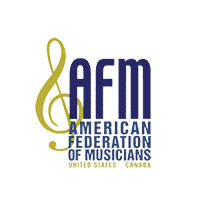

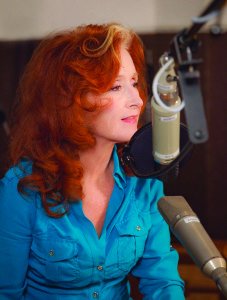
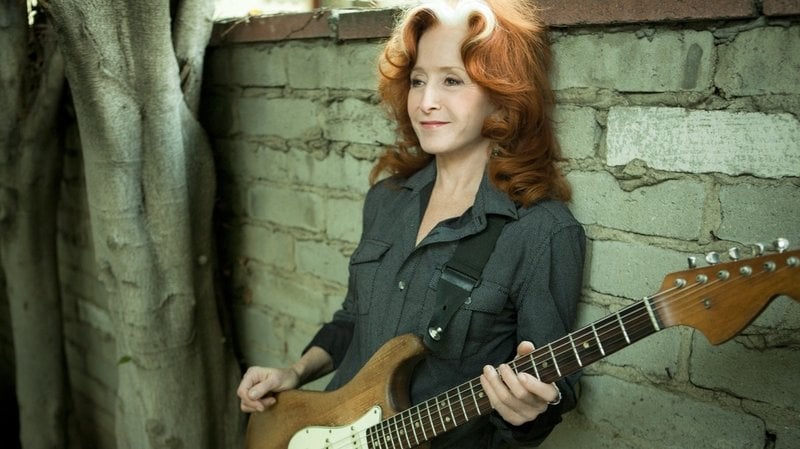
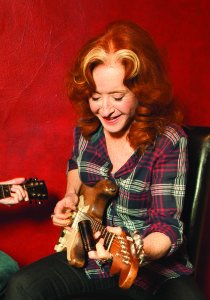


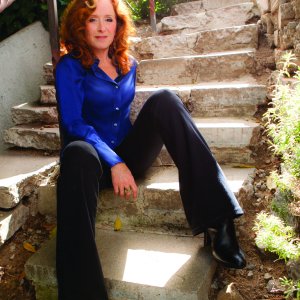
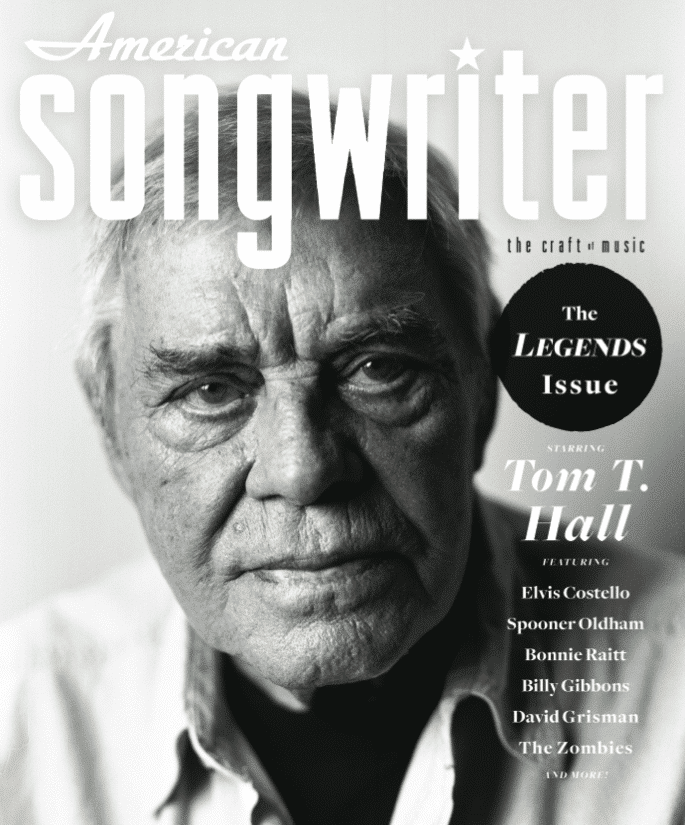




 Visitors Today : 36
Visitors Today : 36 Who's Online : 2
Who's Online : 2






